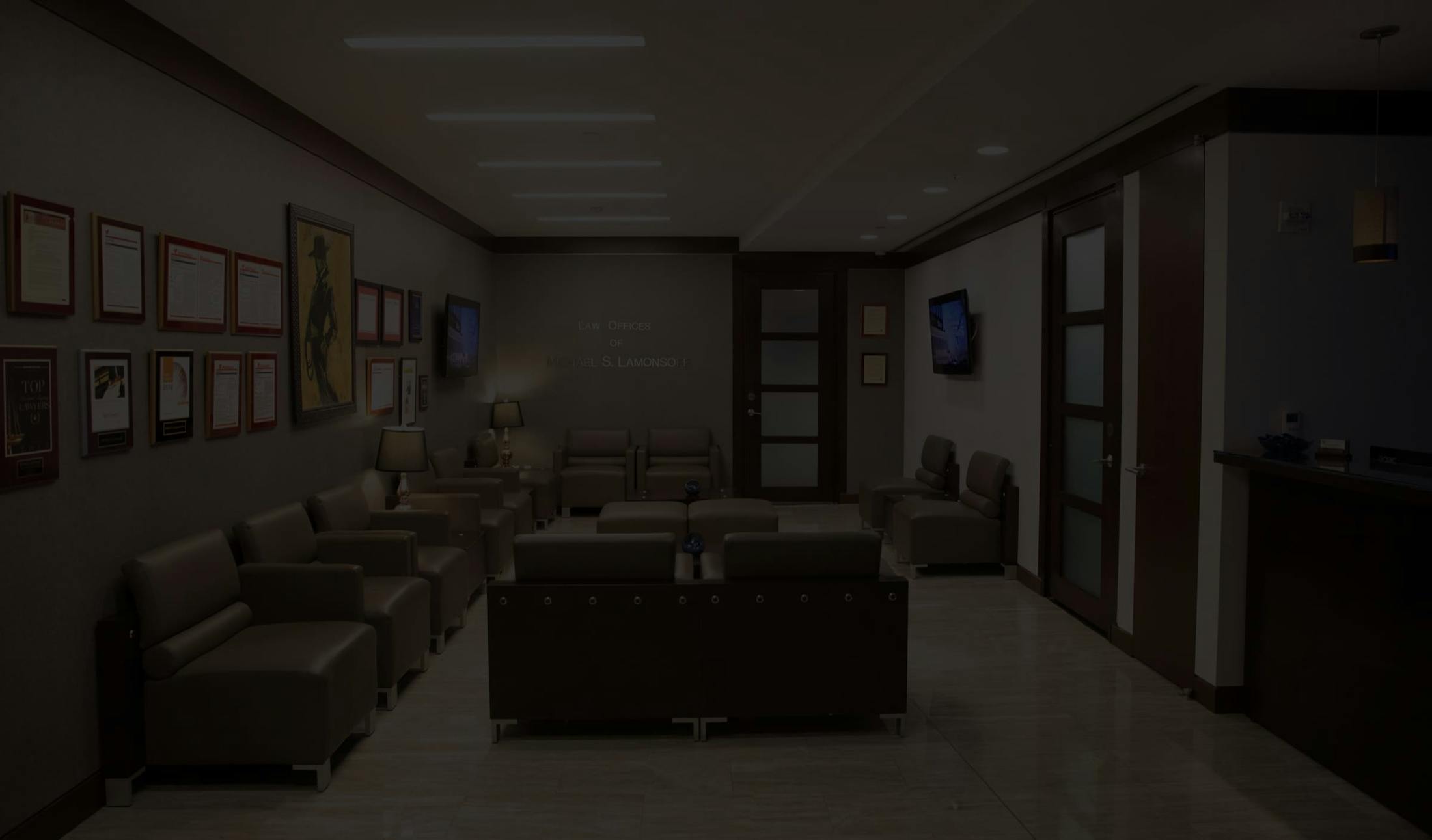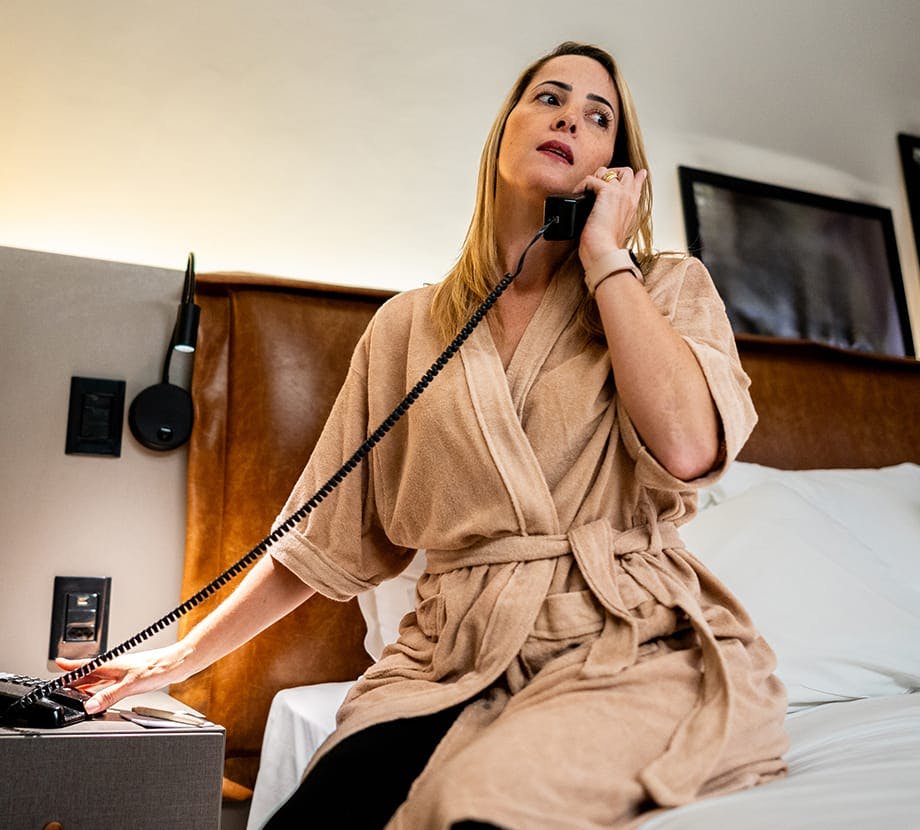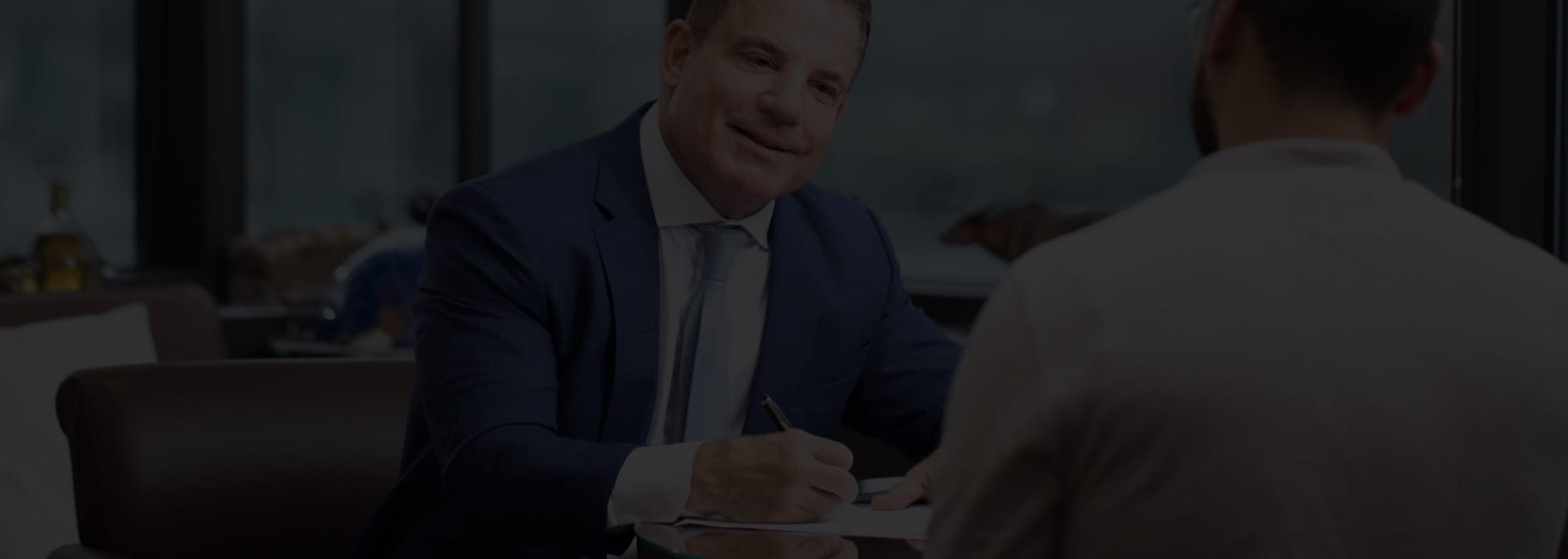Liable Parties in Hotel Accidents: Our NYC Hotel Injury Lawyer Can Hold Them Liable to Maximize Your Compensation
One or more negligent parties may be held liable for your hotel accident and injury in New York City. These may include:
- Hotel Owners: The primary responsibility for maintaining a safe environment rests with the hotel owners. If they fail to uphold safety standards or neglect maintenance, they can be held liable for any injuries resulting from their negligence.
- Hotel Management: Management companies or individuals overseeing hotel operations have a duty to ensure the property is safe and well-maintained. Their failure to address safety issues or enforce proper protocols can make them liable for accidents.
- Hotel Staff: Employees, including front desk clerks, housekeeping, maintenance personnel, and security staff, can be held accountable if their actions or inactions contribute to an unsafe condition or fail to prevent an accident.
- Contractors and Subcontractors: Companies or individuals hired for construction, renovation, maintenance, or other services at the hotel must perform their work safely and competently. If their negligence leads to an accident, they can be held responsible.
- Security Companies: If a third-party security firm is contracted to provide security services and fails to do so adequately, resulting in a crime or accident, they can be held liable for their negligence.
- Equipment Manufacturers: Defective products, such as faulty gym equipment, appliances, or safety devices, can cause injuries. Manufacturers and distributors of these products can be held liable for damages resulting from their defective items.
- Maintenance Companies: Third-party maintenance companies responsible for the upkeep of the hotel's facilities and equipment must perform their duties to the highest standards. Failure to properly maintain or repair facilities can result in their liability for accidents.
- Vendors and Suppliers: Companies providing goods and services to the hotel, such as food suppliers, cleaning product vendors, or laundry services, can be held liable if their products or services cause harm.
- Event Organizers: If an event is held at the hotel and the organizers fail to ensure the safety of attendees, they can be held liable for any injuries that occur during the event.




